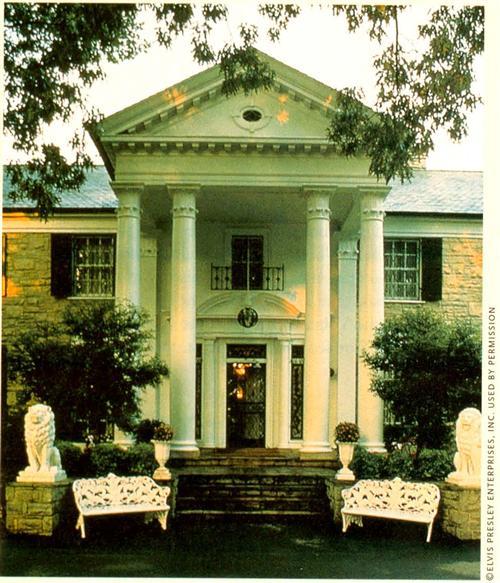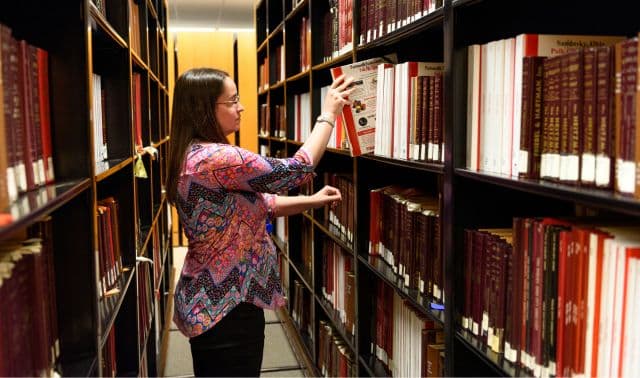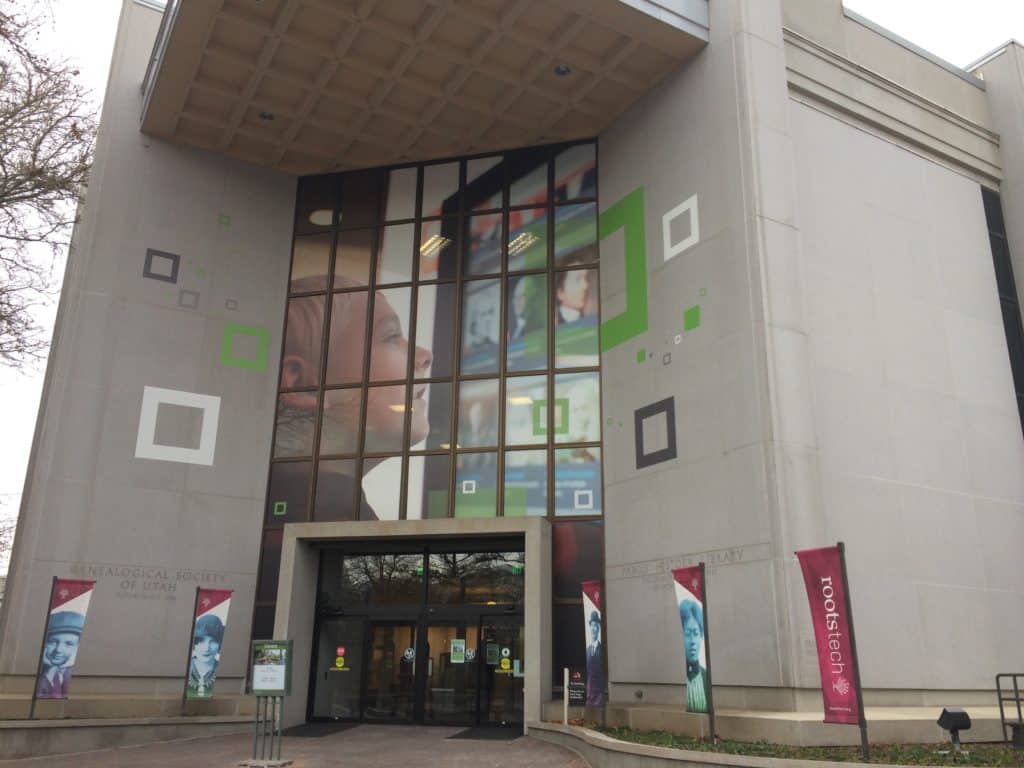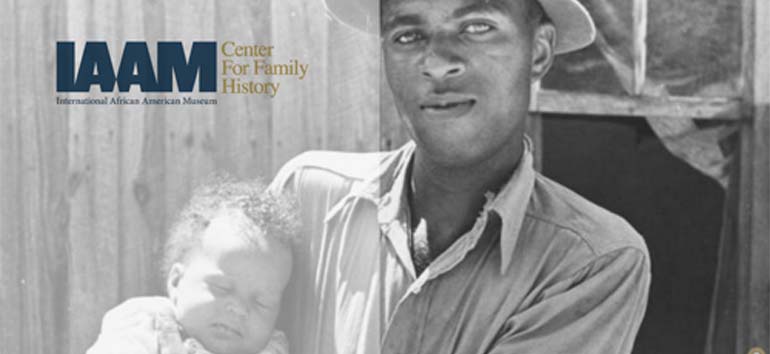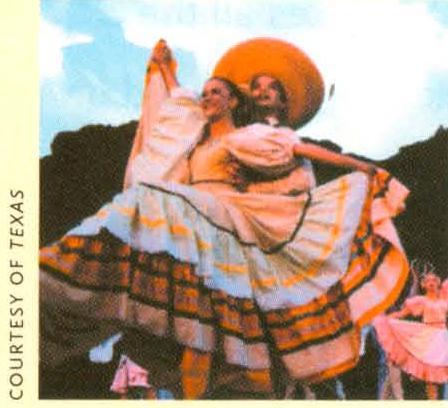 CANYON, TEXAS
CANYON, TEXAS
A CANYON FOR A STAGE
Watch the history of the Texas panhandle come to life on an open-air stage that also happens to be the nation’s second-largest canyon (in Palo Duro Canyon State Park near Amarillo). The musical drama Texas showcases the struggles, strengths and celebrations of the Panhandle’s Native Americans, early settlers and cowboys. Live animals, fireworks and 150 actors make Pulitzer-winning writer Paul Green’s outdoor drama a unique way to learn more about Texas heritage. Order tickets for nightly shows (except Wednesdays) through Aug. 19 online at <www.texasmusicaldrania.com> or by calling (806) 655-2181.
MICHIGAN
OUTDOOR EDUCATION
With northern Michigan’s woods and water as your surroundings, let storytellers, musicians and historians interpret the state’s past. From July 1-Aug. 15, the Great Outdoors Culture Tour will bring a series of free evening programs about pioneer life to state and national parks. Sink into the sands of Sleeping Bear Dunes National Lakeshore to hear about “The Great Lakes: Her Ships and Her Sailors” on July 1, for instance, or gather at Indian Lake State Park for “Celebrating 300 Years of French Heritage” on Aug. 5. Call (517) 372-7770 or see <www.michiganhumanities.org> for a complete schedule.
ROUNDUP
cd-roms to the rescue
1. INDEX POWER
Several new CD-ROM indexes from Heritage Quest could shift your roots research into a higher gear. The World Immigration Series shows various ethnic and immigrant groups in the 1870 census, along with historical background information. Another index series makes it possible to find where a person lived in 1870 using only a name and place of birth. If your ancestors were born in one of the 10 states included in the set, you may be able to make a connection that seemed impossible before. The index includes those who were listed in the 1870 census as heads of household and were born in Connecticut, Indiana, Maine, Massachusetts, New Hampshire, New York, Ohio, Pennsylvania, Rhode Island and Vermont. The index also incorporates all others within the household with a different surname, males over 50, females over 70 and those of a race different from the head of household. Each CD costs $39.95.
Another CD-ROM release makes millions of Indiana vital records available to search. The three-CD set indexes more than 5 i million birth, death and marriage records from the mid-19th to early 20th centuries. These were extracted from records compiled by the Works Projects Administration in 1942.
You can buy each Indiana CD separately (birth, $39.95; death, $29.95; marriage, $69.96) or together ($99.95). Call (800) 760-2455 or see <wvwv.heritagequest.com>.
2. METHODIST MEMOIRS
Have a Methodist in your past? You can search some 61,000 names on a new CD-ROM database indexing memoirs of Methodist ministers. The church’s General Commission on Archives and History recently released the CD-ROM, which searches the text of Methodist conference journals prior to 1946. In these journals, you’ll find ¦ memoirs written by ministers as well as their wives and lay leaders. A search by surname will tell you in which journal, year and page that name appears. Order the CD for $10 by e-mail at research@gcah.org, by phone at (973) 408-3189 or by mailing a check to GCAH, Box 127, Madison, NJ 07940. For details on this database, see <www.gcah.org/memoirs.htm>.
3. BRITISH BURIALS
The National Burial Index of England and Wales, 1538-present, is now available on CD-ROM. The Federation of Family History Societies released its collection of 5.4 million burials in 4,440 parishes at its conference in England this spring. Information on this index includes:
• ancient county of burial
• parish or cemetery of record
• date of burial
• first name(s) of the deceased
• surname of the deceased
• age
• society to contact for more information
Records may be exported, searched and tagged on the CD-ROM. You can also geographically map the results of your search. The double CD-ROM set costs 30 British pounds, or about $44 in US currency. Find out more about the CD and order it at the federation’s Web site <www.ffhs.org.uk/General/Projects/NBI.htm>.
GET SERIOUS
Ever considered taking your family history hobby a little more seriously? Canada’s National Institute for Genealogical Studies is now offering online courses to get a basic-level certificate in American records, the first step toward a Certificate in Genealogical Studies.
Leading the new course is Kyle Betit, a professional genealogist, lecturer and author of the new book A Genealogist’s Guide to Discovering Your Irish Ancestors (Betterway Books, $19.99). Other online courses from the institute cover Canadian, English and Irish records. This program is coordinated with the University of Toronto. For more information, see <www.genealogicalstudies. com> or <ce.fis.utoronto.ca/genealogy/>.
ELLIS COUNTY, KANSAS
FIELDS OF GOLD
The residents of seven small central Kansas towns still feel strong ties to their ancestors, the Volga Germans who settled these rural wheat communities 125 years ago. From July 21-27, townspeople will celebrate the long journey that brought a group of farmers from Germany to the Volga River in Russia, and eventually to a new life of religious freedom in the United States. Their festivities include daily mass, cemetery visits, German meals, games, history programs, music and more. Also, take advantage of the area’s related historic sites, such as the Volga German House (pictured above). Call (800) 569-4505 or see <www.haysusa.net>.
GREENVILLE, OHIO
GET YOUR GUN
One of the most famous women in American history shot her first rifle in 1868 while hunting for game in Darke County. More than 130 years later. Little Miss Sure Shot’s home county revives her legacy with Annie Oakley Days, this year from July 27-29. Special events include a parade through downtown, the Miss Armie Oakley Shooting Contest and historical tours. The Annie Oakley Foundation <ormiston.com/annieoakley/> will present the author of a new National Geographic book about Annie Oakley. For details, call (800) 504-2995 or see <www.darkecountyohio.com>.
WELLSVILLE, UTAH
GO WEST
Yee-haw! The Old West rises again during the Festival of the American West, held July 27-Aug. 4 (closed Sunday) in Wellsville, located 1½ hours outside Salt Lake City. Accuracy and realism take center stage in this gathering of historic re-enactors, craftspeople, entertainers and food vendors. It’s a week packed with Western activities, traditions and culture, from an authentic Shoshone Indian village to live antique artillery demonstrations to a complete pioneer encampment (wagons and all!). Call (800) 225-3378 or see <www.americanwestcenter.org/pages/Festival.html> for more information.
living history
MEMPHIS, TENNESSEE
GOING TO GRACELAND
The King lives during Elvis Week (Aug. 10-19), a party thrown annually by Elvis Presley Enterprises. This year, the big attraction is a special presentation ofElvis: The Concert(Aug. 16), which combines Elvis concert footage with live music by his former band-mates. Other highlights include “Conversations on Elvis,” where his friends and associates share personal stories about him (Aug. 11); the “Elvis, Hawaiian-Style” dance party (Aug. 12); and a candlelight vigil at Graceland (Aug. 15). If you can’t make this ceremony, don’t despair — you can catch the “VigilCast” online at <www.elvis.com>. Here you’ll also find more about Elvis Week, or you can call (800) 238-2000.
WESTMORELAND COUNTY, VIRGINIA
SLAVES IN THE FAMILY
The nation’s first president grew up on a Virginia tobacco plantation surrounded by 20 to 25 African slaves. The lives and culture of those slaves will be re-created Aug. 11 by costumed interpreters at George Washington Birthplace National Monument. Tills program demonstrates the slaves’ contribution to this self-on-tained colonial community and others like it. While there, take a look around: The buildings, trees, livestock, gardens, rivers and creeks you see were the backdrop of Washington’s formative years. For more information, call (804) 224-1732 or see <www.americanwestcenter.org/pages/Festival.html>.
CENSUS RACE HEATS UP
Online images of all US census images may be the holy grail to Net-loving genealogists, but the crusaders still have a ways to go.
So far, Ancestry.com, GenealogyDatabase.com and Genealogy.com have all promised to post these important genealogical records on for-pay Web databases. GenealogyDatabase.com fell through with its grandiose plan to post high-quality federal census images from 1790 to 1920 online by early this year. No images were posted, and officials said the project was “put on indefinite hold pending further evaluation of the changing Internet climate.”
Meanwhile, Ancestry has been furiously adding census records to its site. At press time, the site had “almost all” images for the 1790, 1900 and 1920 censuses and 1880 census records for “parts of Florida, Georgia, Idaho, Illinois, Indiana, Iowa, Kansas, Kentucky, New York, Rhode Island and South Carolina. The remaining states from the 1880 census were expected to follow suit. Ancestry also says it is working on a head-of-household index to later census years to be posted state-by-state “as it becomes available over the next few months.” Costs for access range from $19.95 to $99.95. For details, see <www.ancestry.com/search/io/about/main.htm>.
Genealogy.com, which already offered images of the 1850 census through its GenealogyLibrary.com subscription ($79.99 a year), then added another entry to the online census race by posting images of 1900 census records. Subscribers to this separate service can search by head of household through 63 million names from 1,900 counties, representing 29 states and the District of Columbia. The entire 1900 census was supposed to be up by June, the site said at press time. You’ll pay $99.99 a year or $19.99 a month to access this database. Check <familytreemaker.genealogy.com/1900census.html> for more updates.
Meanwhile, Genealogy.com also beefed up its GenealogyLibrary.com offerings, adding millions of new records including genealogies and wills as well as vital, military, marriage, probate and land records. For more information, call (800) 548-1806 or visit <familytreemaker.genealogy.com/glc/>.
Psychology of Genealogy
What drives you to research your roots? A graduate student in psychology at California State University-Fullerton wants to find out. Pamela Drake recently conducted a study for her master’s thesis to discover why 60 percent of Americans are interested in their family history.
Drake has been digging into her own family history since she was in the sixth grade. Twenty years later, she found that no researcher had ever really addressed the question of why she and so many others are intrigued by genealogy. She posted a survey online, and with a big boost of publicity from Cyndi’s List <wvw.cyndislist.com> and RootsWeb <www.rootsweb.com>, 4,000 people responded in just a few days. For statistical purposes, Drake needed only 100. The response, she says, “just blew me away.”
Her theories on why we want to re-establish a connection to our family history? Possibly we want to continue generating as we grow older, rather than “stagnating,” which follows psychologist Erik Eriksen’s eight stages of human development, Drake says. The other theory is we are trying to fulfill our need for a “sense of place” in a mobile society.
Drake expects to publish preliminary results from her study at <psych.fullerton.edu/genealogy/> upon her graduation in August.
For weekly updates on the world of family history, subscribe to Family Tree Magazine‘s free e-mail newsletter at <www.familytreemagazine.com/newsletter.asp>.
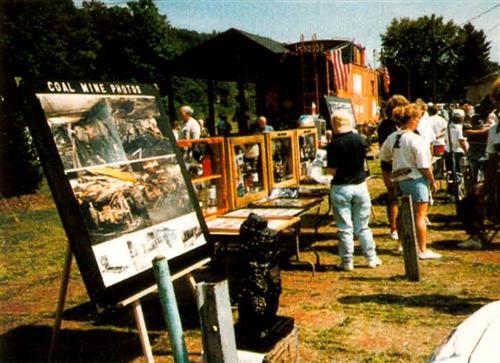
MOUNTAIN MEETING
POCAHONTAS, VIRGINIA
WORKIN’ IN A COAL MINE
Since the 1700s, Pocahontas has been right in the heart of Virginia’s coal fields, witnessing both the tragedies and triumphs of its workers. Coal miners past and present now gather here each Labor Day (Sept. 3 this year) to remember their heritage and get together with old friends. Watch them parade through town, then enjoy displays, crafts, food and entertainment and tour the Exhibition Mine & Museum. Call (540) 945-9522 or see <wvweb.com/www/pocahontas_mine/>.
FORT WAYNE, INDIANA
AN APPLESEED A DAY
Remember how much fun it was learning about Johnny Appleseed in your first American history lessons? Spread the seeds
of his legend and the history surrounding it by taking your family to the Johnny Appleseed Festival, Sept. 15-16. No modern conveniences are allowed: All food, crafts, games, entertainment and vendors must adhere to a strict mid-to late-1800s policy. Johnny himself will be there too, wandering the grounds and gathering folks ’round for a tale or two. For more information, call (219) 427-6720 or see <www.johnnyappleseedfest.com>.

